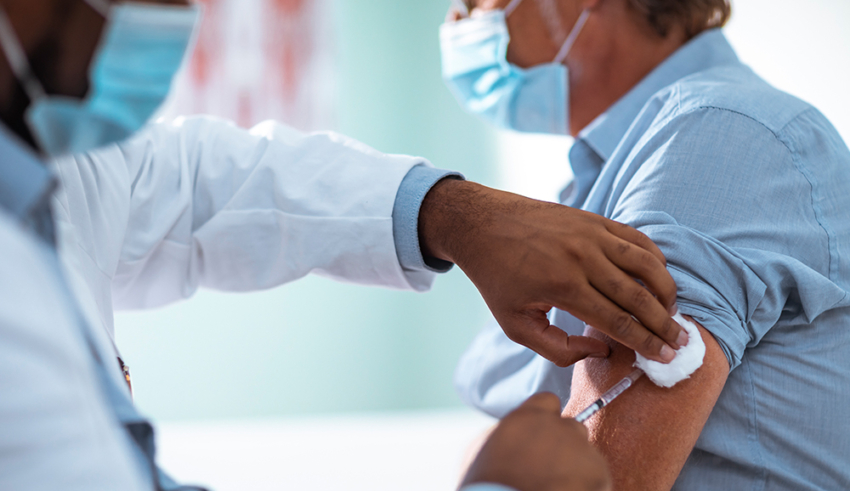
Vaccines are a safe and effective way to prevent illness and death from infectious diseases. Vaccines have eradicated many deadly diseases throughout history since the late 1700s, when they were first used to protect against smallpox. Vaccines are an essential tool in our global healthcare system and are responsible for saving millions of lives. Here’s a look at why vaccines are necessary for public health and why you should stay up to date on your vaccinations.
Table of Contents
The Risk of Infection is Higher Than Ever
The risk of infection is rising due to our growing movement worldwide. We are all connected, and part of the same global community, which means diseases can be transmitted faster than ever before. With more people traveling across borders, there’s also an increased risk of spreading infections between countries and continents. This is why vaccines have become so important: they protect against preventable diseases, ensuring that we don’t let our guard down regarding public health. In many countries, visitors must show proof of certain vaccinations for entry. These cautions are essential for protecting the health and safety of those who live in these countries and those who visit them and return home.
How do Vaccines Work?
Vaccines are safe. The vaccine itself is a dead or weakened form of the virus that, when injected, creates immunity in the body. The human body can then protect itself against disease if exposed to it naturally. Newer forms of vaccines are even more effective by utilizing mRNA technology. Messenger RNA is the DNA strand responsible for the blueprints of protein creation for the body. Biopharma manufacturing has allowed scientists to isolate these mRNA strands and program them with proteins similar to the antigen that triggers an immune response once injected into the body. The host now has the blueprints necessary for their body to create proteins that will recognize and fight off any instance of the pathogen that enters the body in the future. These vaccines require careful research and manufacturing from reliable companies like Avantor, who create “life-changing treatments for patients around the world.” With these expert services and modern technology like AI, researchers can develop effective vaccines quicker than ever before.
Vaccines Protect You and Those Around You
There’s much misinformation out there about vaccines. Some people think they don’t work or are unsafe, but the science is precise: Vaccines are safe and effective at preventing disease. They protect you and your family from infectious diseases for which there are no cures, including polio, meningitis, and measles.
Vaccines also protect your community by helping keep outbreaks from spreading throughout a region or country. If enough people in an area get vaccinated against an infectious disease like measles that can be spread through the air (called airborne transmission), it becomes harder for an outbreak to start because there won’t be many people left who haven’t been vaccinated.
Vaccines are Cost-Effective
Saving lives is expensive. If you’ve ever been to the hospital, you know that medical care isn’t cheap. Vaccines are a cost-effective healthcare solution because they prevent disease without causing illness or death. Vaccines save money in the long run because fewer people are hospitalized and treated with expensive medications like antibiotics.
Vaccines protect more people than any other method of prevention. By protecting large numbers of people from diseases like measles and mumps (both of which have no cure), we ensure that those who might have contracted them don’t get sick in the first place, thus saving taxpayers, patients, and the government millions of dollars in the long run.
Vaccines are a controversial subject in today’s society. People often dismiss the importance of vaccines because of their lack of knowledge of science and medical history. Vaccines have been integral to modern medicine for centuries and continue to be today.
Vaccines are one of the most effective tools to prevent disease and death from infectious illnesses, which is why it’s so important to get vaccinated against all the diseases we can. In addition to protecting yourself from infection, getting vaccinated also protects those around you who won’t be able to get vaccinated because of medical or other reasons













